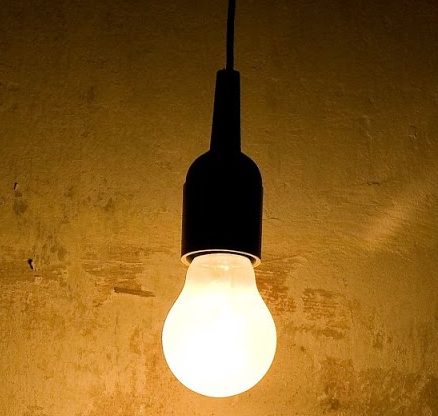In a country like Nigeria, where electricity is often unstable, finding alternative power sources is essential for daily survival.
As power outages and grid failures become more frequent, the search for reliable and sustainable energy solutions has become crucial.
With options ranging from solar energy to wind power, there are several alternatives that Nigerians can explore to keep their homes and businesses running, even when the national grid falters.
Below are ten power sources that can help mitigate the challenges posed by electricity instability in Nigeria.
1. Solar Energy
Nigeria enjoys an average of 7 hours of sunlight each day, making solar power one of the most viable and sustainable energy options. Solar panels can be installed to capture this abundant resource, providing a clean and reliable power source for both homes and businesses.
2. Wind Energy
The coastal areas of Nigeria have wind speeds that are suitable for generating electricity through wind turbines. This renewable energy source can complement solar power, especially in regions with consistent wind patterns.
3. Hydroelectric Power
With numerous rivers and streams across the country, Nigeria has the potential to harness hydroelectric power. Small and large-scale hydroelectric plants can reduce the reliance on fossil fuels and contribute to a greener energy mix.
4. Biomass Energy
Organic waste, such as agricultural residues and animal waste, can be converted into electricity through biomass energy systems. This method not only provides a sustainable energy source but also helps manage waste effectively.
5. Geothermal Energy
Nigeria’s geothermal resources, though not widely explored, offer a promising opportunity for generating electricity. Tapping into underground heat sources can provide a consistent and renewable energy supply.
6. Kinetic Energy
Kinetic energy can be harnessed from moving objects such as flowing rivers, ocean currents, or even the motion of vehicles. This energy can then be converted into electricity, offering an innovative approach to power generation.
7. Thermoelectric Power
Industries and other sources of waste heat can be used to generate electricity through thermoelectric power systems. By capturing and converting excess heat, this method provides a way to recycle energy that would otherwise be lost.
8. Piezoelectric Power
Piezoelectric materials generate electricity when subjected to pressure, vibrations, or movement. This technology can be applied in various settings, such as flooring systems that capture energy from foot traffic.
9. Animal-Powered Generators
Animal movement can be utilized to generate electricity. Similar to a bicycle pedal, these systems convert the rotational energy of animals into electrical power, offering a unique and eco-friendly power source.
10. Micro-Hydro Power
Small-scale hydroelectric systems, known as micro-hydro, can generate electricity from low-velocity water flows. This approach is particularly useful in rural areas with limited access to other power sources.
These alternatives not only reduce Nigeria’s dependence on fossil fuels but also contribute to environmental sustainability. By adopting these innovative power sources, Nigerians can ensure a more stable and reliable energy future.











